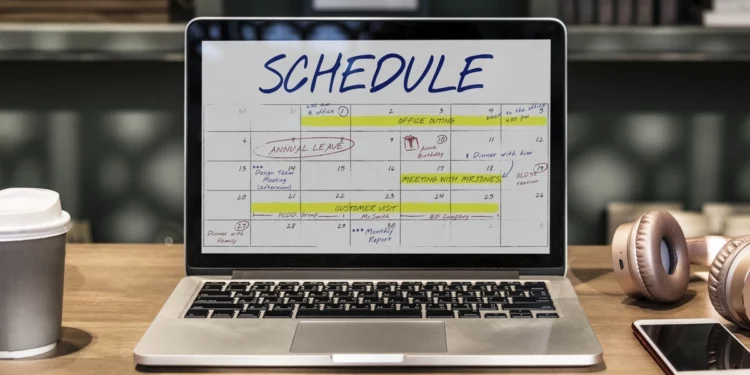For those who often feel like time is slipping through their fingers, it’s worth considering the implementation of rules designed to master the art of time management. Through simple techniques, one can learn to accomplish significantly more in a day, leaving ample room for relaxation and hobbies.
The issue of time scarcity resonates across a broad spectrum of individuals – from students to executives and practically everyone in between. Despite differing goals, the principles guiding their achievement can be pretty similar.
Take, for instance, the ability to stay focused on essential tasks and avoid distractions – this skill is equally crucial for a top-tier corporate leader as it is for a high school student. Likewise, everyone, regardless of age or workload, needs to recharge and regularly take breaks.
We reached out to Vage Zakaryan, Head of Development at Gem Space superapp, who shared his personal techniques for enhancing efficiency and time management: “My central concept in personal time management is to plan with a medium-term perspective, even for small tasks, and then work ahead of schedule. This involves setting shorter deadlines than originally planned. This psychological trick accelerates focus. When unforeseen factors arise, you realize there’s still time to complete the work or rectify mistakes. This approach is rooted in the Pareto principle, following an 80-20 ratio. The initial plan usually addresses 80 percent of crucial aspects, requiring work ahead of schedule by 20-30 percent. This is a near-certain formula for circumventing unforeseen time-related setbacks.”
Overall, experts provide similar advice on time management. Here’s a list of some of the most common recommendations:
1. Craft a daily plan: Identify priority tasks and allocate time for their completion.
2. Embrace the Pomodoro Technique: Work for 25 minutes uninterrupted, followed by 5-minute breaks.
3. Set specific deadlines for tasks and stick to them.
4. Steer clear of distractions like social media or incessant phone notifications. Use apps to block access for a set period.
5. Allocate time for relaxation and unwinding to maintain peak productivity.
6. Divide large tasks into smaller steps and tackle them incrementally.
7. Don’t hesitate to delegate or ask for help when possible.
8. Organize your workspace for comfort and tidiness, fostering concentration.
9. Set realistic goals and avoid overwhelming yourself with tasks.
10. Continuously assess your effectiveness and adjust your time management methods as needed.
Even if you don’t implement all these suggestions at once, incorporating even a few can significantly elevate your daily efficiency.










